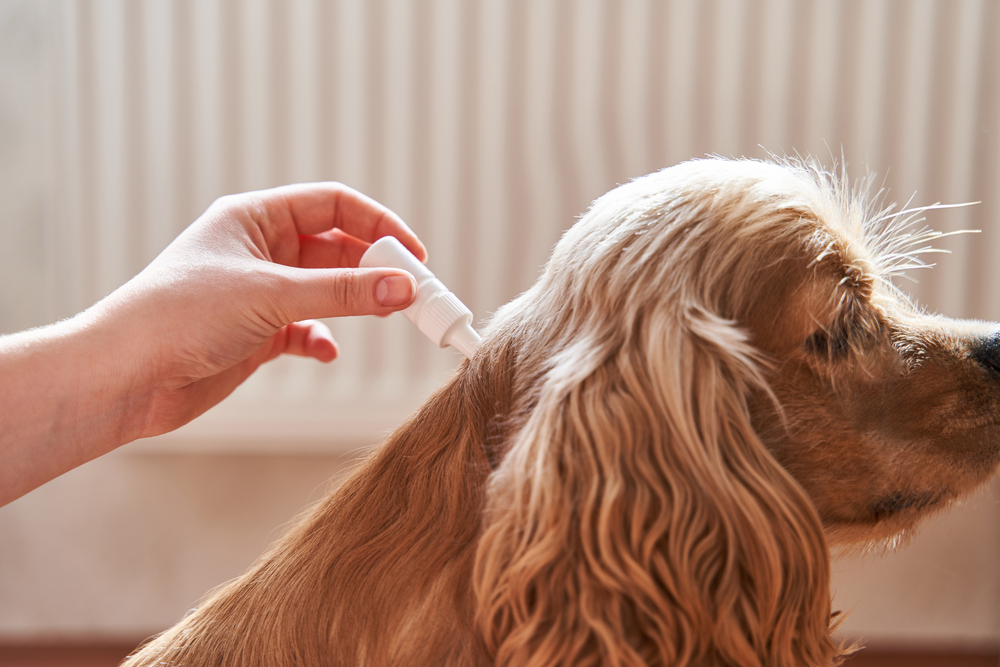
Tackling Ticks: Understanding Lyme Disease and Protecting Your Pets
Unveiling the Tick's Threat: Lyme Disease
Protecting Our Furry Friends
1. Tick Control Products: Utilize veterinarian-approved tick control products such as spot-on treatments, tick collars, and oral medications to repel and kill ticks.
2. Regular Tick Checks: Routinely inspect your pets for ticks, especially after outdoor adventures. Pay close attention to hidden areas like between toes, inside ears, and around the tail.
3. Environmental Management: Maintain a well-groomed yard by keeping grass trimmed and removing leaf litter, as these are common hiding spots for ticks. Consider creating barriers like gravel or wood chips between wooded areas and your lawn to discourage tick migration.
4. Vaccination: Consult with your veterinarian about Lyme disease vaccination options for your pets, particularly if you reside in endemic areas where tick populations are prevalent.










